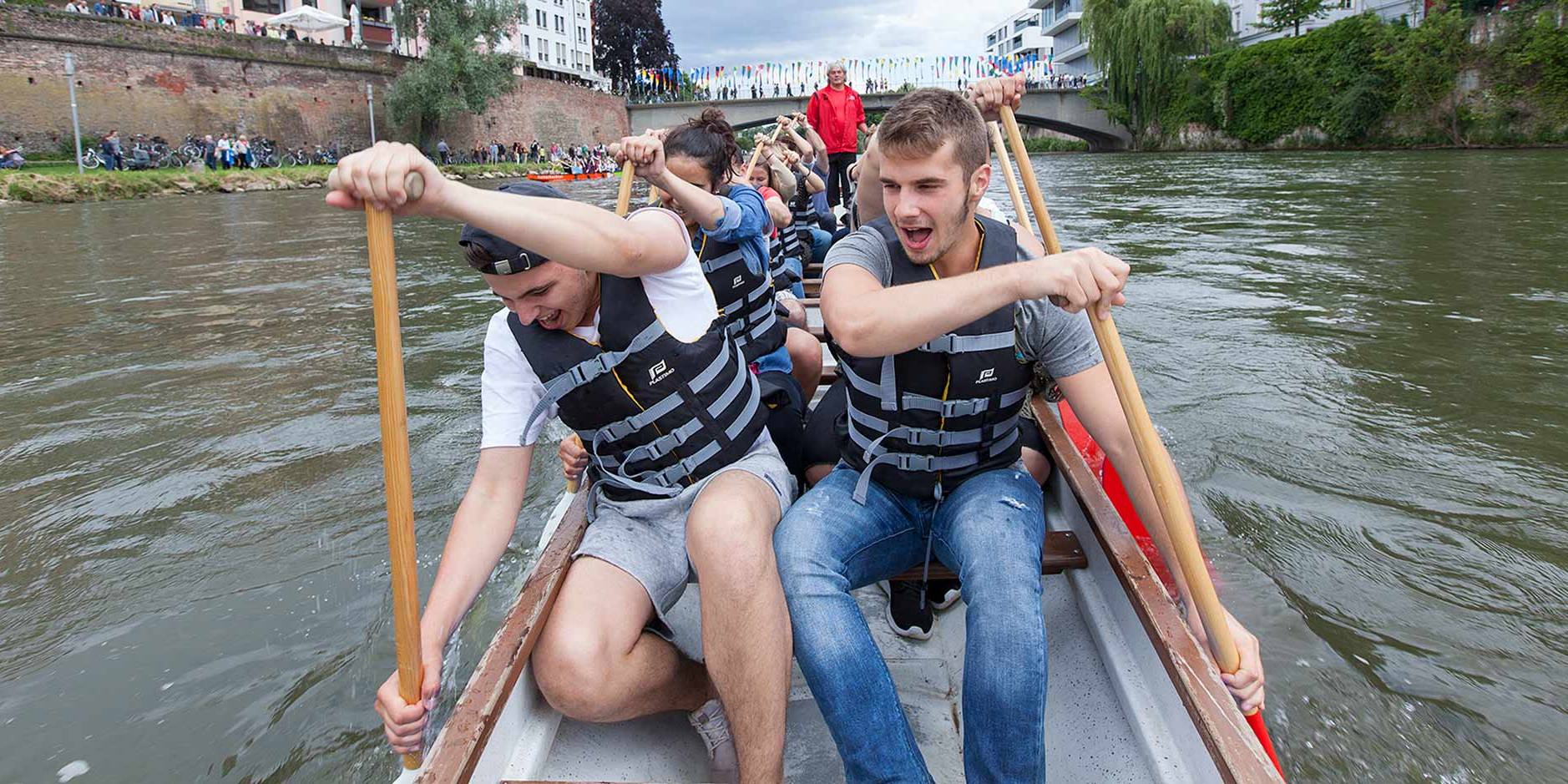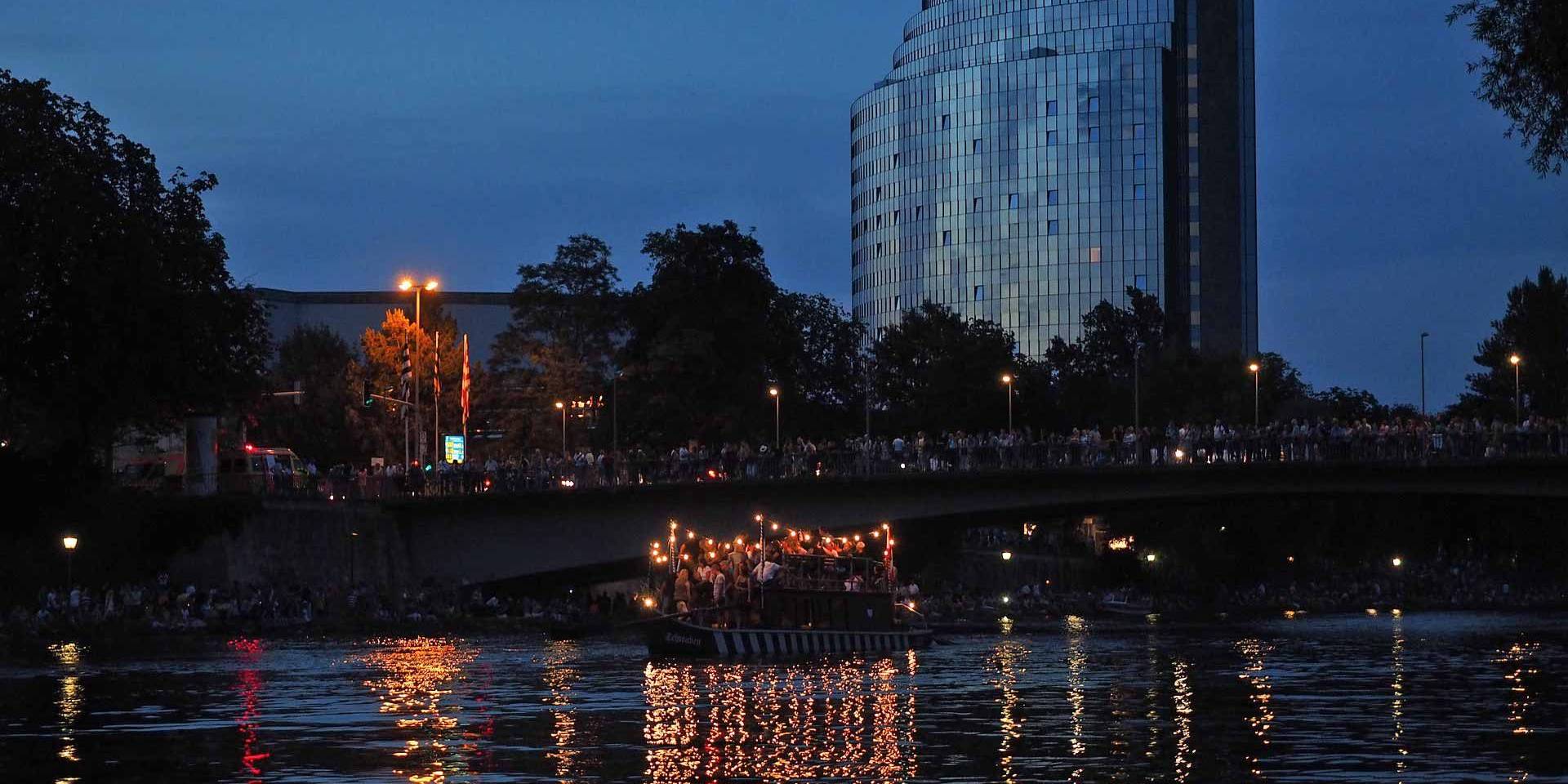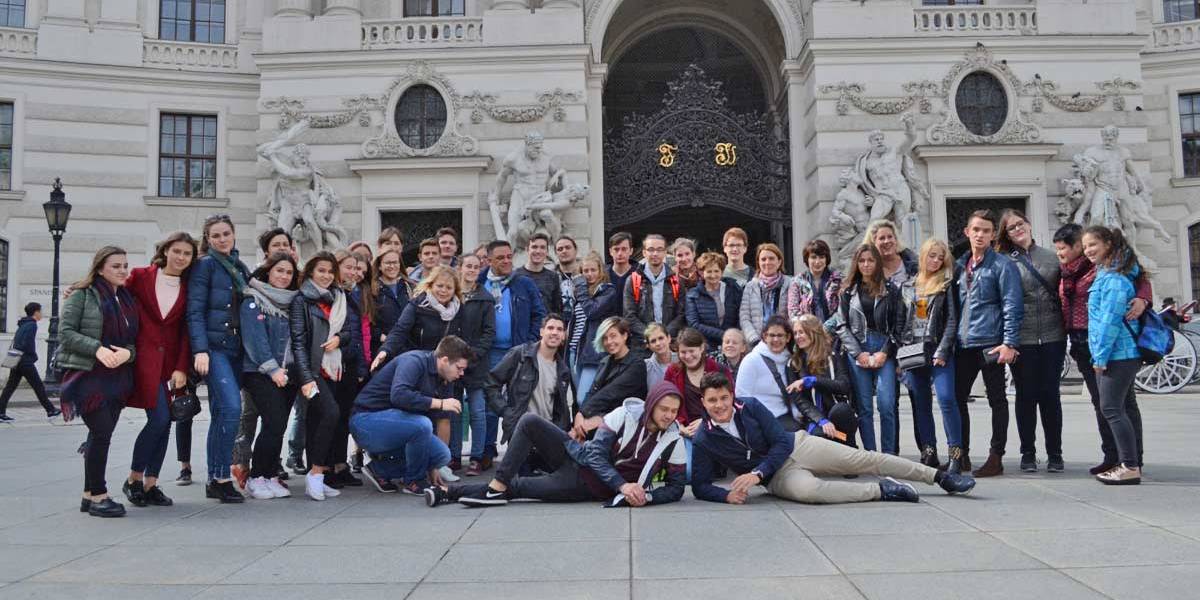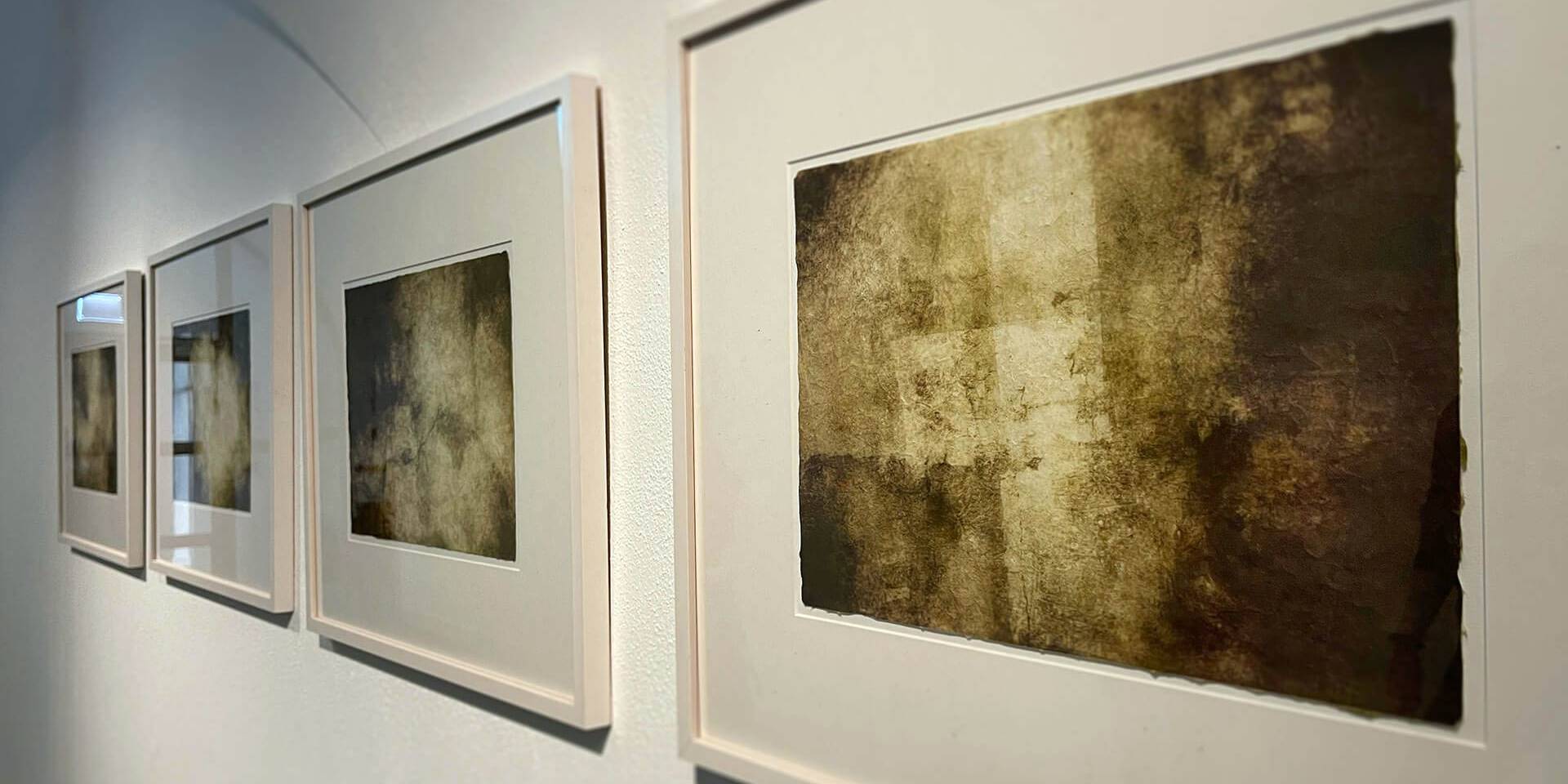Since January 2002, the "Cultural Advisor for the Danube Region" has been affiliated with the Danube Swabian Central Museum. The basis of their activity is § 96 BVFG (Federal Expellees and Refugees Act), the federal and state governments are obliged to “maintain the cultural property of displaced persons and refugees and promote scientific research” and to preserve German cultural property in Central and Eastern Europe.
Conveying history and culture
“If European identity does not emerge in the Danube region, then where?” With these words Erhard Busek, former Austrian Foreign Minister and one of the most committed advocates of the European Danube Region Strategy, the concerns, starting point and objectives of the work of the cultural advisor for Southeast Europe are outlined. In addition to maintaining and developing the specific regional cultural traditions of Germans in south-eastern Europe, the focus of the work is on the broad-based communication of the culture and history of Germans in east-central and south-eastern Europe to interested parties at home and abroad. Together with the people living in these regions today, the cultural advisor is committed to the preservation of the common European cultural heritage.
Cross-border cooperation
The diversity of the Danube region, its potentials, but also its deficits, require an increased commitment of international cooperation. It is important to revitalize established structures and create new connections. On June 24, 2011, the European Council adopted the “EU Danube Strategy”. It underlined the importance of the Danube region as an important region for the future development of the EU. The EU strategy for the Danube region and its 115 million inhabitants offers a unique opportunity to promote cross-border cooperation and accelerate the sustainable economic and cultural development of Central and Eastern Europe.
Diverse tasks
In the recent past, the call for civil society to be more closely involved in decision-making processes, to promote civic engagement in the Danube region and to keep people interested in the development of the Danube region, but also to commit them to the work program of the cultural advisor, with workshops, seminars, lectures, traveling exhibitions and several times annual youth events bill.
The cultural advisor also advises and supports the cultural work of the various organizations of the displaced persons. Funding for cultural projects that deal with the culture and history of Germans in East-Central and Southeastern Europe can also be requested from the cultural advisor. The topicality of the topics, the professionalism of the implementation and the sustainability of the measures as well as the technical criteria of the project funding specified by the Federal Government Commissioner for Culture and Media (BKM) in the field of broad cultural work are decisive. (see project funding)
“If not in the Danube region
European identity emerges,
where then?"
Erhard Busek, former Austrian Foreign Minister
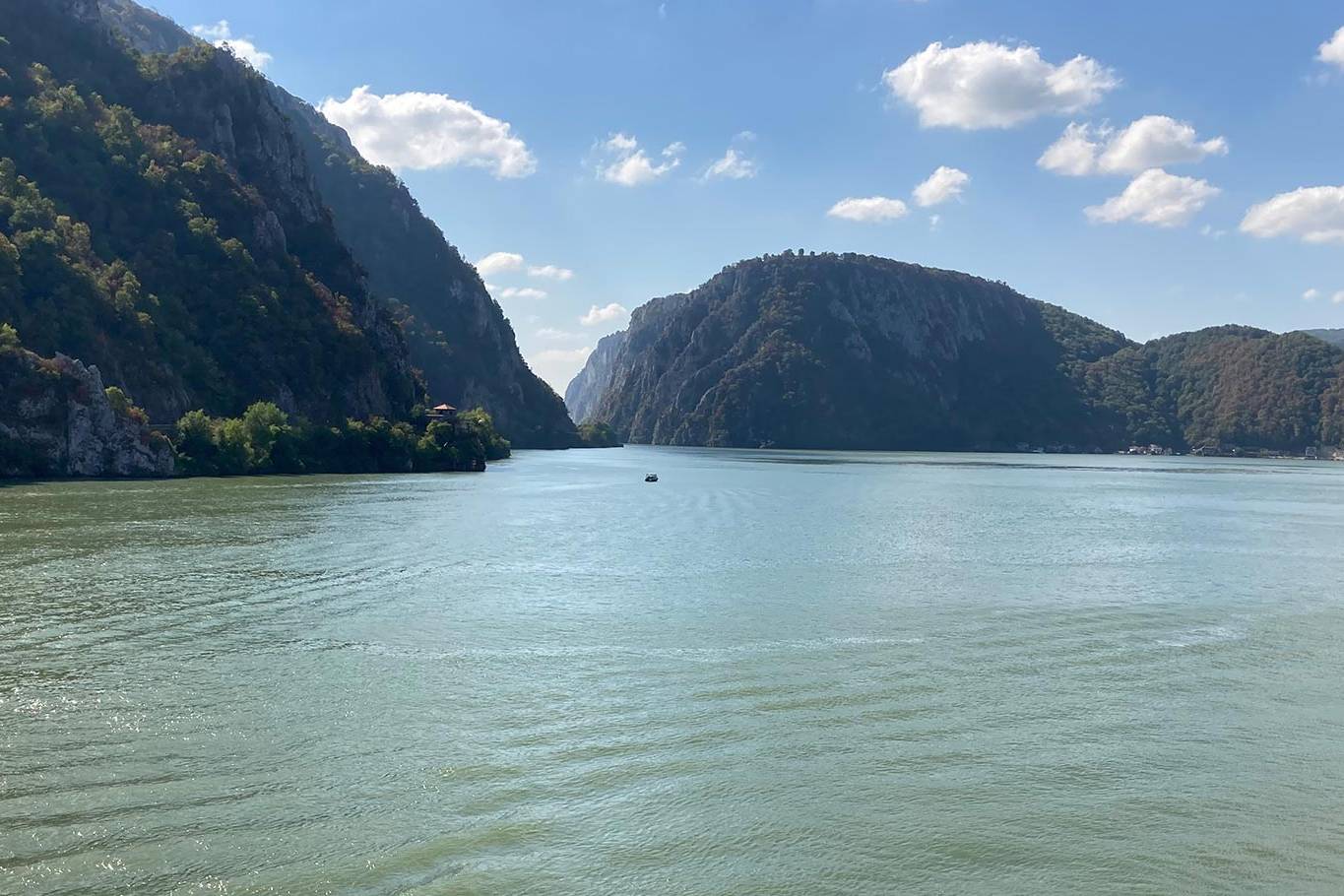
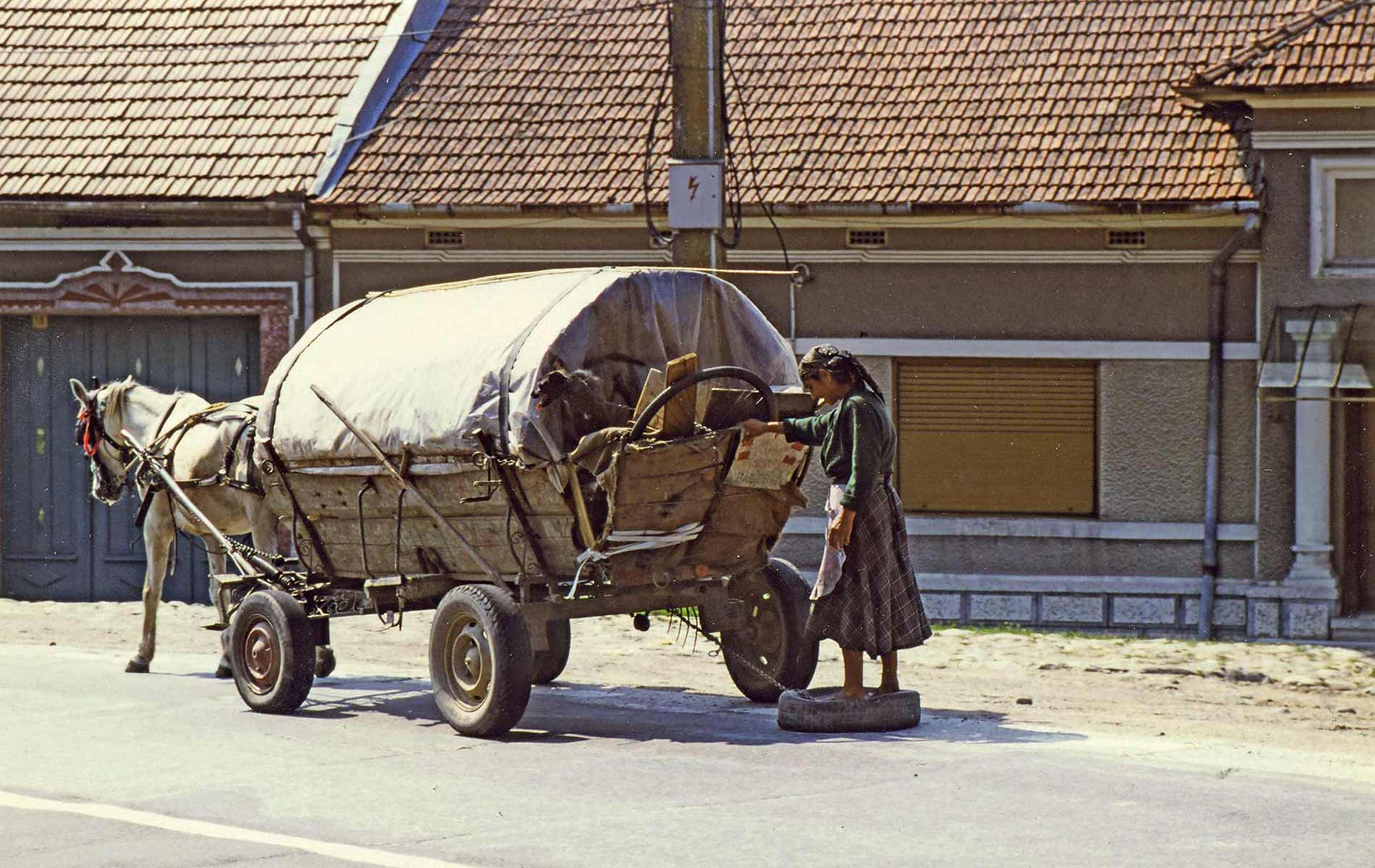

Nine positions nationwide
The federal government has set up nine posts for cultural consultants in museums in Greifswald, Lüneburg, Warendorf, Görlitz, Ulm, Gundelsheim, Ratingen, Detmold and at the Adalbert-Stifter-Verein in Munich.
Everyone deals with one or more regions in which Germans lived and still live up to 1945 and up to the present day.
Target regions and locations are:
- for Pomerania and East Brandenburg at the Pomeranian State Museum Greifswald
- for Silesia with a focus on Lower Silesia (former administrative districts of Breslau and Liegnitz) at the Silesian Museum in Görlitz
- for East Prussia, Latvia, Lithuania, Estonia at the East Prussian State Museum in Lüneburg
- for West Prussia, the Posener Land and Central Poland at the West Prussian State Museum in Münster
- for the Danube region (Banat, Batschka, Swabian Turkey (southwest Hungary); Hungarian Central Mountains, Syrmia (Serbia, west of Belgrade); Slavonia (in eastern Croatia); Batschka, Sathmar, Spiš, Hauerland and Pressburg / Bratislava, Slovenia) on the Danube Swabian Central Museum Ulm
- for Bohemia, Moravia and Moravian-Silesia at the Adalbert Stifter Verein Munich
- for Transylvania, Marmarosh, Bukovina, Moldova, Wallachia, Bessarabia, Dobruja at the Transylvanian Museum Gundelsheim
- for Silesia with a focus on Upper Silesia (former administrative districts of Opole and Katowice) at the Upper Silesian State Museum in Ratingen
- for the target groups organisations in Germany (Volga Germans, Black Sea Germans with Crimean Germans, Caucasus Germans, Volhynia Germans) Museum for Russian-German Cultural History Detmold
They work in the field of cultural education and mediation and each have their own funding budget. Its task is the broad-based communication of the culture and history of Germans in Eastern Europe at home and abroad.
Contact

Dr. Swantje Volkmann
Cultural advisor for the Danube region
swantje.volkmann@dzm-museum.de
Telephone: 0049 (0) 731 / 96254-115


